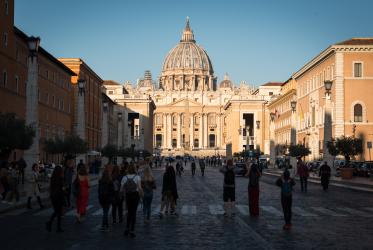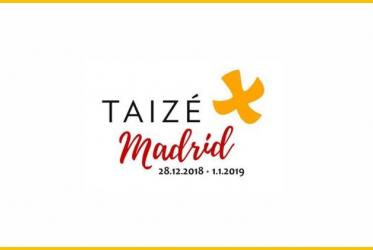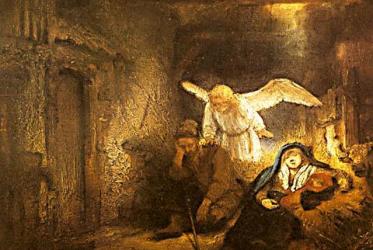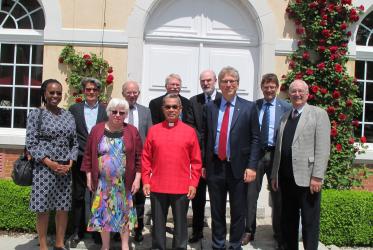Displaying 1 - 20 of 49
Dr Abuom reflects on women of faith as healers of creation
05 October 2021
Scottish and UK religious leaders call for urgent climate action
20 September 2021
WCC sends greetings as Taize youth reflect on hospitality
27 December 2018
A moment in ‘Time’: an interreligious vision in Erlangen
20 December 2018
WCC general secretary speaks on religion and discrimination
14 February 2017
Le secrétaire général du COE évoque la religion et la discrimination
14 February 2017
Second Bible study on stateless persons available for Advent use
08 December 2016
Grand Imam calls for collaboration against violence and poverty
06 October 2016
Panel discussion fields ideas on European identity
26 April 2016















